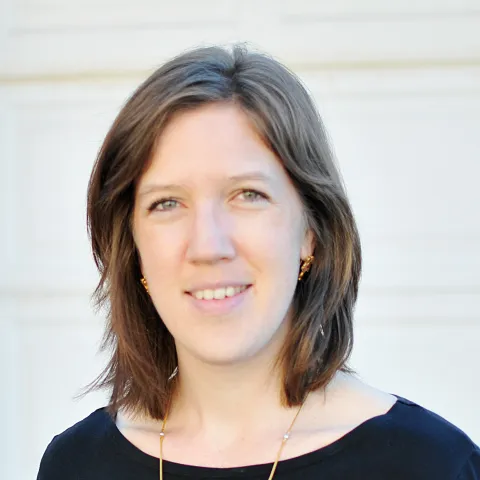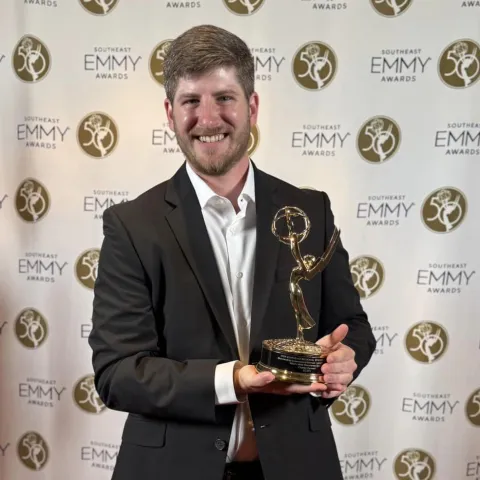Linda McCants, a 62-year-old from Eastover, S.C., suffered for years due to congestive heart failure, a condition in which the heart does not pump blood adequately. She struggled to breathe, move and sleep. McCants was no stranger to these debilitating symptoms; her own mother died at the age of 56 from heart failure.
“I learned to cook at the age of five because of my mother’s condition,” McCants said. “And I raised all of my siblings underneath me, due to my mother’s congestive heart failure.”
In addition to her mother, three of her brothers also died of heart failure. But in May 2020, McCants received a heart transplant.
Dr. Ryan Tedford is Section Chief of Heart Failure and Medical Director of Cardiac Transplantation at the Medical University of South Carolina, Professor of Medicine, and holds the Dr. Peter C. Gazes endowed Chair in Heart Failure. He said McCants has thrived since the transplantation.
“Nothing makes me happier than to see someone who was really struggling - patients that were very sick like Linda, that we give them this life-saving therapy and they do extremely well and that’s always the goal,” Tedford said.
McCants used telehealth for several of her follow-up appointments with Tedford. Connecting virtually on her tablet saved her from a two-hour drive to Charleston.
“Telehealth is really an important part of the care of our patients with heart failure,” Tedford said. “Although many of our patients who have transplants have great support systems and caregivers; it’s a challenge to drive all the way down to Charleston.”
According to Tedford, MUSC offers telehealth on several different platforms. In addition to virtual visits, patients also have the ability to meet with their physician at a telehealth center located near their home. At these clinics, nurses use an electronic stethoscope, which allows doctors located in Charleston to hear in real-time. High fidelity cameras allow doctors to assess patients as if they were right there in the room.
“The (Covid-19) pandemic has been a horrible experience for many people, but I think we’ve learned a lot in the medical field about not just how to care for really sick patients, but also how to pivot and do things like telemedicine,” Tedford said. “I don’t think that’s going away. I think we’ll always have a hybrid where there may be telemedicine options, depending on what the needs are, as well as in-person visits, and I think that combination is the right approach.”


